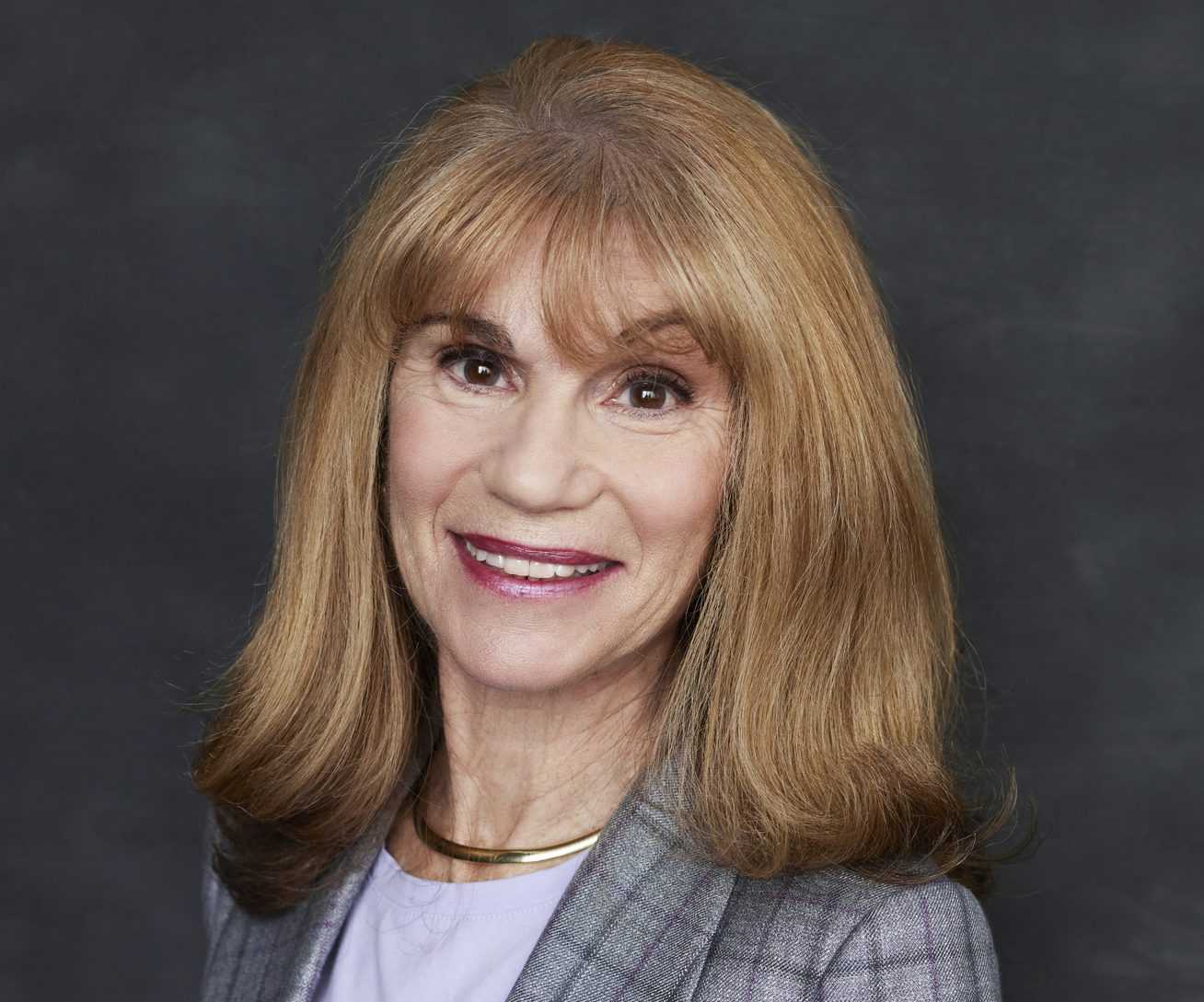RETAILING IN RALEIGH

Kannon’s Clothing
[metaslider id=137937] Only a few family-owned apparel stores in the U.S. have surpassed the one century mark, so we were especially delighted last week to visit one of them: Kannon’s Clothing, with separate but nearby stores for men and women in Raleigh’s Cameron Village.While hanging out in the beautifully merchandised 5,000-square-foot men’s store with third generation owners George Knuckley and Mary Kathryn Phillips, we learned some family history. The business was founded by their grandfather, Isaac George Kannon, who came to the U.S. from Lebanon in 1905 with nothing but big dreams and lots of ambition. He started out peddling quality goods from a backpack, eventually upgraded to a horse and buggy, and, in 1916, opened a store in Wendell.
A hundred years later, the horse and buggy have disappeared, but the Kannon family is working just as hard as their grandfather did. “The consumer is shopping differently, especially Millennials,” confides Knuckley. “Although he’s got more options, once he’s in the store, we’ve got him! We’ve maintained some great partnerships with our vendors and we’re still selling lots of suits, which we showcase with the right accessories, sportswear, and furnishings.” (Editor’s note: on this warm summery day, we witnessed a backroom filled with suits and sportcoats waiting for pickup; Mary Kathryn credits strong business to an exceptional sales team and talented alteration experts.) According to Knuckley, best sellers of early fall include clothing and sportswear include items from Samuelsohn, Canali, Jack Victor, St Croix, Hiltl, Eton, Nikky, Barbour, Peter Millar, Southern Tide, Gitman, Robert Talbott and 34 Heritage.
Mitch Sugar, who once owned a menswear store in town and is now one of Kannon’s star sellers, is outspoken about the current state of vendor partnerships. “Yes, we’ve got some great relationships but vendors selling direct to consumers online is, in fact, a problem. We’re looking for more brands that want a symbiotic rather than a parasitic relationship. We’d love more boutique lines, and even private label, which is admittedly hard to do without huge orders.”
Still, the team is optimistic about the next 100 years, pointing out exceptional customer loyalty with a large percentage of repeat customers that are multi-generational. “Our focus remains personal service and customer satisfaction,” says Knuckley. “I think the more business is done online, the more people appreciate a personal relationship with their local clothier.”
Liles Clothing Studio
[metaslider id=137952] This very cool 2,500-square-foot store in North Hills, according to Liles Clothing Studio owner Bruce Liles, is now fairly evenly balanced between custom and off-the-rack clothing. Key brands include Castangia 1850, Oxxford, Kiton, Caruso, Ring Jacket, Belvest, Santorelli, Samuelsohn, Hickey Freeman and Liles Bespoke by Adrian Jules, as well as a growing business in opening price ($895 retail) private label. Average off-the-rack suit prices range from $1,500 to $2,500 and, according to the sales team, the store has been servicing a growing number of young customers from nearby technology firms. The recent addition of Orazio Luciano (sportcoats at $3,000, suits at $3,800, with very limited distribution in the States) has been a nice new venture. Key footwear offerings feature number one shoe brand Scarpe di Bianco (handmade out of Italy), Noah Waxman, Alden, Paraboot and Res Ipsa. Interesting accessories and furnishings from less commercial brands complete the mix.Says Liles, who co-founded the store 23 years ago, “Business has never been better, I think because our focus is on smaller independent collections. We’re getting some younger customers too: some who live in the center here, some from our local pro-hockey team. Plus, we do a lot of wedding business. We continue to do fun cocktail events with a focus on networking; we do regular weekly e-blasts; we’re getting ready to re-do our website. But what really helps is our focus on custom clothing, which reduces the risk of aging inventory.”


